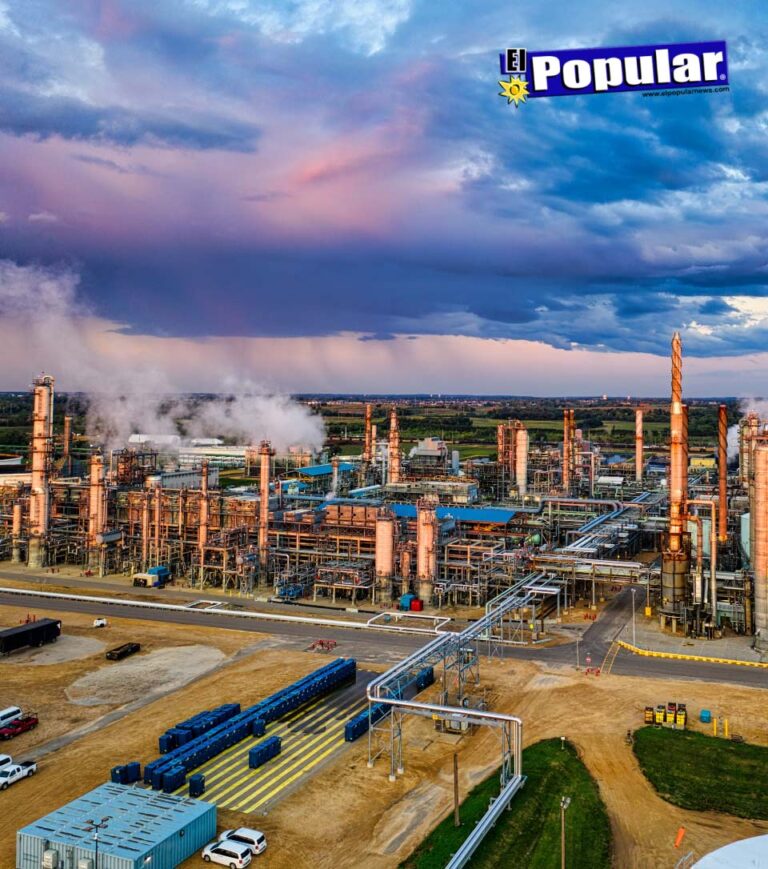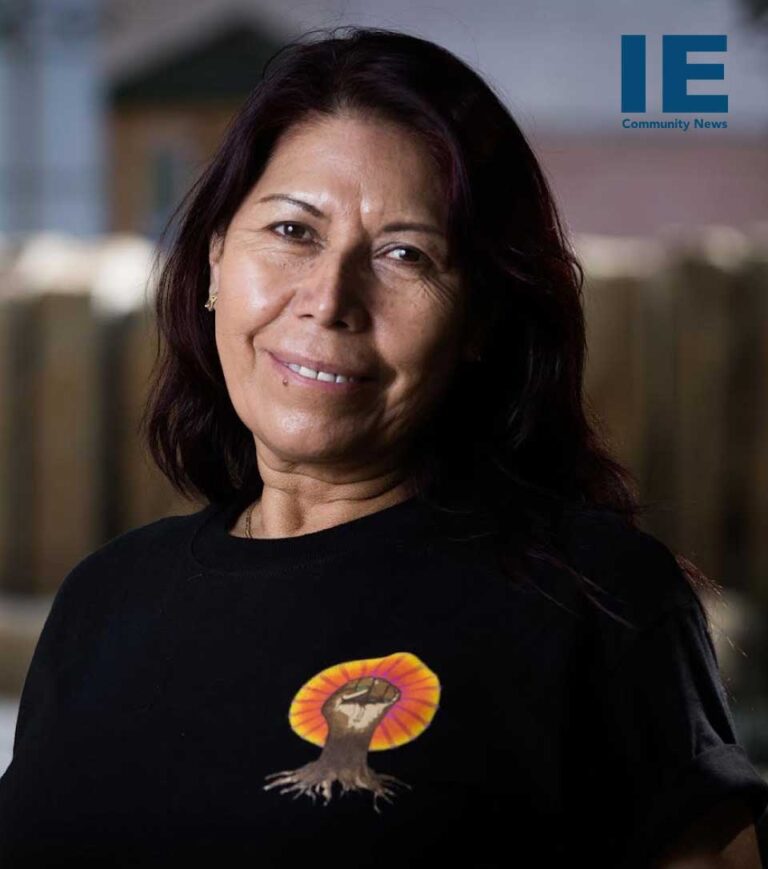In September 2022, California passed a law to protect public health that prohibits drilling for new oil wells and gas extraction in areas very close to homes and agricultural fields. The law was supposed to take effect in January, but it was frozen due to an electoral proposal promoted by the controversial oil industry, so it will be put to a vote in November. In response, environmental advocates and residents launched the informational campaign, “Don’t Be Deceived.” From Los Angeles, California, Alejandro Maciel provides more information.
Until 2016, Rubén Rodríguez worked for three years in the oil industry as a welding assistant. During that time, he witnessed the serious environmental damage caused by oil extraction and poor supervision. “When there were oil leaks, the way it was cleaned up was not the way it should have been cleaned up.” When he lost 80 percent of his sense of smell, his doctor told him that his illness was related to his work and that he was miraculously alive. “You were exposed to high levels of a gas called H2S and that put you in danger, you were very lucky not to drop dead.”
In the east of downtown Los Angeles, in the Latino neighborhood of Lincoln Heights, the first thing Sandra López saw when she went to work cleaning houses were the rusted iron structures of an old inactive oil well, just a few steps from her home, where she has lived for more than two decades. Six years ago, while working, she felt short of breath. “I have developed asthma…” Sandra, 55, and her family now rely solely on her husband’s work. “I can’t work anymore, I can’t do many things…”
In the south-central area of Los Angeles, the medical problems of Guadalupe Rivas’ family are very similar. She has lived in a heavily polluted area for 30 years. “My last daughter was born with asthma and sinusitis, and to this day, she’s already an adult and she always suffers from those asthma attacks…”
17 million people in the country live within a mile of an oil or gas well. More than 2 million in California. Precisely to protect the health of these communities, in 2022, California passed SB 1137, a law that prohibits drilling and placing new oil facilities within 3,200 feet of homes, schools, community centers, hospitals, prisons, or any building with businesses open to the public. This legislation was supposed to take effect in January of this year, but it was stopped because oil companies will try to reverse the measure through a referendum in the November elections. “We are here to tell the oil companies that the community says enough!” Martha Arguello, a director of Physicians for Social Responsibility, joined other environmentalists to alert the public. In a northern rhythm, they launched the campaign “Don’t Be Deceived,” with three messages: Prohibit drilling and oil wells in densely populated areas; compel oil companies to clean up the pollution they left in communities, and the urgency of develop clean energy sources. Their demands are supported by pollution-affected individuals like Guadalupe Rivas. “I can list quite a few oil wells that are around in South Los Angeles, which is the most inhabited community.” According to experts, 8 out of 10 Latino children under 10 years old live in the most contaminated areas of the state, increasing the risk of developing asthma and type 2 diabetes. That’s why it’s urgent, through an informed vote, to clean up our communities from pollution, concludes Guadalupe Rivas: “We demand that we not be deceived anymore, that those big oil corporations that want to reverse what the state government authorized; that the wells be removed from our communities…” For the Weekly Edition of Noticiero Latino, from South Central Los Angeles. Alejandro Maciel.




